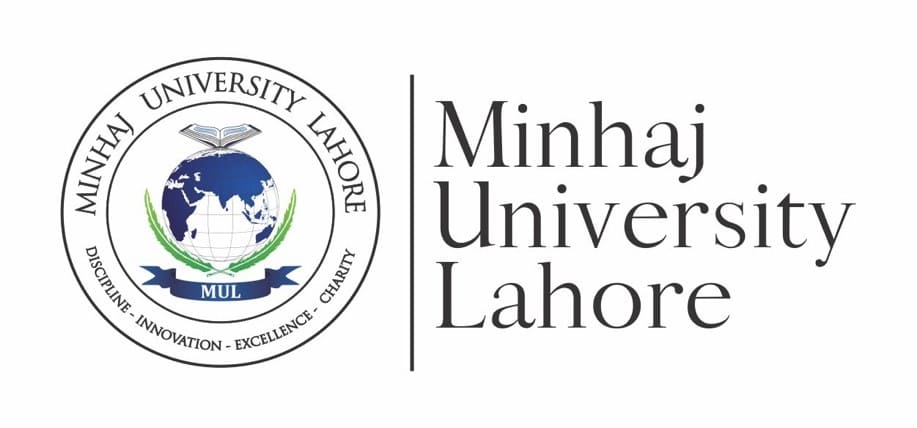The Islamic Revolutionary Critique of Capitalism: A Study in the Context of Pakistan
DOI:
https://doi.org/10.58932/MULD0050Keywords:
Capitalism, Islamic Revolution, Capitalist State, Capitalist Society, Civil societyAbstract
In Pakistan, most Muslim thinkers view capitalism as just an economic system, overlooking its societal foundations. In contrast, the Islamic revolutionaries assert that capitalism is a totalizing, all-inclusive system and civilization, characterized by a specific conception of individual, society, and the authoritative structures (state), all of which are interconnected and mutually dependent. Islamic revolutionaries are thinkers and activists such as Mawdūdī and Ansari who consider Western ideologies and practices as conflicting with Islamic teachings and call for a complete societal transformation grounded in Islamic values. This study aims to explore the socio-political foundations of capitalism. This critique is crucial in Islamic political and economic thought, as it highlights the competitive relationship between Islam and capitalism by critically analyzing its socio-political foundation. The paper concludes that rather than attempting to Islamize capitalist economics, it is necessary to reject it. An analytical study method with a qualitative approach is employed in this paper. It prefers primary sources; however, secondary sources are also used when they are needed.
© 2025 The Author(s). Licensed under CC BY-NC 4.0.
References
Al-Ansari, H. bin M. (1970). Islam sarmayadariyat hai na ishtrakiyat (Islam is neither capitalism nor communism) (C. Abdul Hafeez, Trans.). Mohaddis, 1(5), 225–231. https://magazine.mohaddis.com/home/articledetail/1667
Ansari, J. A. (2005). Financial management in Pakistan (with M. Naeem & J. Zubairi). Oxford University Press.
Ansari, J. A. (2008). Capitalist subjectivity, capitalist governance and the ‘anti-globalization’ movement (with S. Z. Arshad & A. M. Rizvi). Business Review, 3(2), 1–22. https://doi.org/10.54784/1990-6587.1150
Ansari, J. A. (2009). Sarmayadarana nizam: Aik tanqidi jaiza (Capitalist system: A critical study) (2nd ed.). Al-Ghazali Publications.
Ansari, J. A. (2014). Sarmayadarana aqaid-o-nazriyat (Values and ideologies of capitalism). Wirasat Publications.
Ansari, J. A. (2016a). Rejecting freedom and progress: The Islamic case against capitalism. Kitab Mehal.
Ansari, J. A. (2016b). Samayadarana nizam: Aik taruf (Introduction to capitalist system). Kitab Mehal.
Ansari, J. A. (2017). Capitalist values and ideologies: An Islamic approach. University of Karachi, BCC & T Press.
Ansari, J. A. (2021a). Duroos-e-sarmayadari (Lectures on capitalism). Al-Ghazali Publications.
Ansari, J. A. (2021b). Jamat-e-Islami ka mustaqbil (Future of Islamic party). Al-Ghazali Publications.
Ansari, J. A. (2023). Jamhuriyat ki haqiqat (Reality of democracy). Maktabah Al-Burhan.
Mughal, Z. S. (2018). Maqalat tafhim-e-Maghrib: Kalamiyat-o-ilmiyat (Articles on philosophical and epistemological understanding of West). Wirasat Publications.
Razzaq, Z., & Nawaz, R. (2023). An Islamic alternative to capitalism: A study of Sharī’ah-compliant finance with special reference to Muftī Taqī Usmānī. Malakand University Research Journal of Islamic Studies, 5(2), 13–24.
Razzaq, Z., & Nawaz, R. (2023). An Islamic response to capitalism: A study of Mawdūdī’s writings on Islamic economics. Al-Irfan, 8(16), 46–56. https://doi.org/10.58932/MULB0027
Razzaq, Z., & Nawaz, R. (2024). Modern reforms in the Islamic thought with particular reference to science: A study in the context of the Indian Subcontinent. In Proceedings (pp. 166–179). e-ISBN: 978-983-9379-76-1.
Razzaq, Z., & Nawaz, R. (2024). Modern reforms in the Islamic thought with particular reference to science: A study in the context of the Indian Subcontinent. Al-Shajarah: Journal of the International Institute of Islamic Thought and Civilisation, 2024(Special Issue), 37–57. https://doi.org/10.31436/SHAJARAH.VI.1928
Razzaq, Z., & Nawaz, R. (2024). The Islamic revolutionary case study against Sharī’ah-constrained capitalist economics in Pakistan. Jahāt Ul-Islām, 18(1), 12–21. https://doi.org/10.51506/jihat-ul-islam.v18i1.660
Razzaq, Z., & Nawaz, R. (2025). Harmonizing the Qur’ān and modern science: A critical study in the context of the Indian Subcontinent history. Journal of Islamic Thought and Civilization, 15(1). https://doi.org/10.32350/jitc.151.20
Razzaq, Z., & Nawaz, R. (2025). Mawdudi's response to modern science: A position between the extremes. Advanced Humanities and Social Sciences, 12. https://doi.org/10.5281/zenodo.15610061
Razzaq, Z., & Nawaz, R. (2025). Islamizing economics: Khurshid Ahmad’s case against capitalism in Pakistan. The Journal of Islamic Thought and Civilization (RJITC), 3(1), 1–14.
Zaman, A. (2023). Three generations of Islamic Economics. The International Journal of Islam, 1(2).
Downloads
Published
How to Cite
Issue
Section
License
Copyright (c) 2025 Zain Razzaq, Rab Nawaz

This work is licensed under a Creative Commons Attribution-NonCommercial 4.0 International License.









